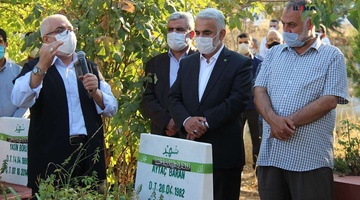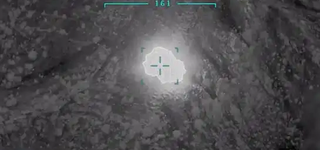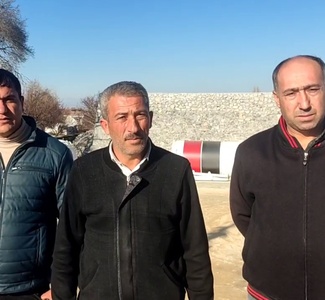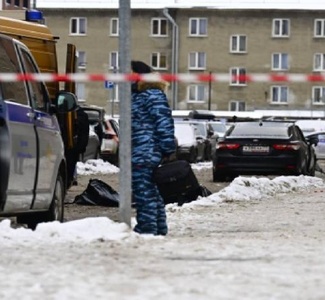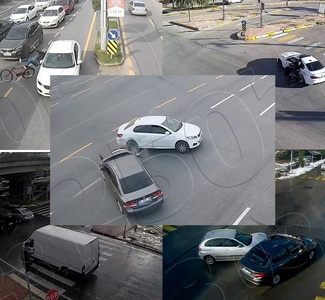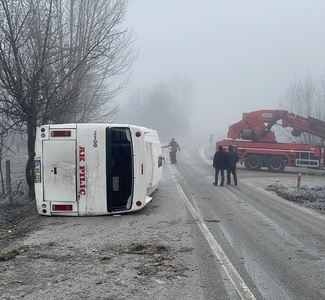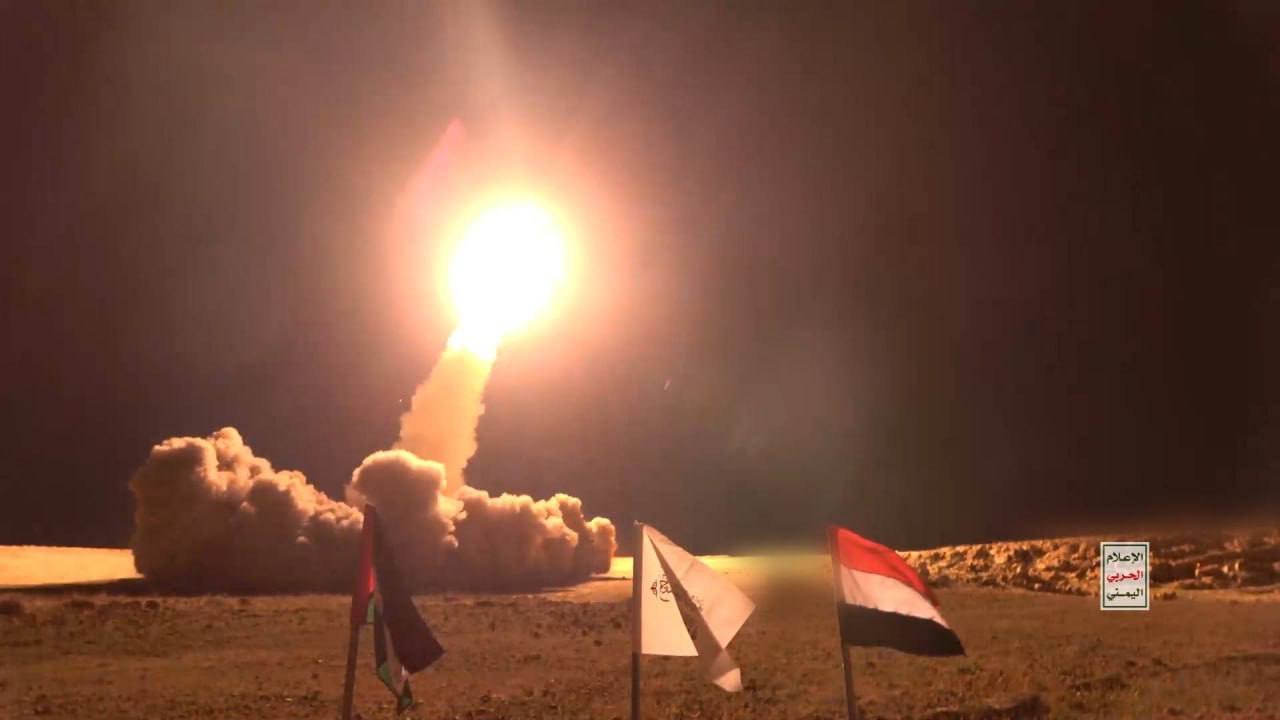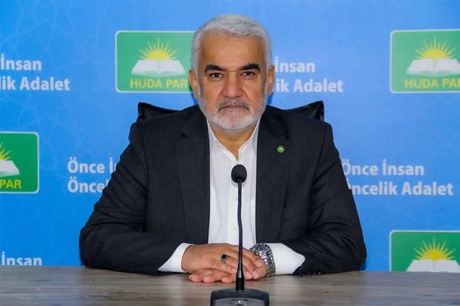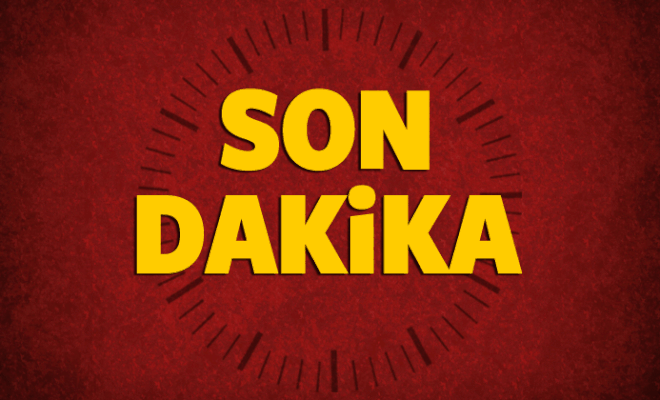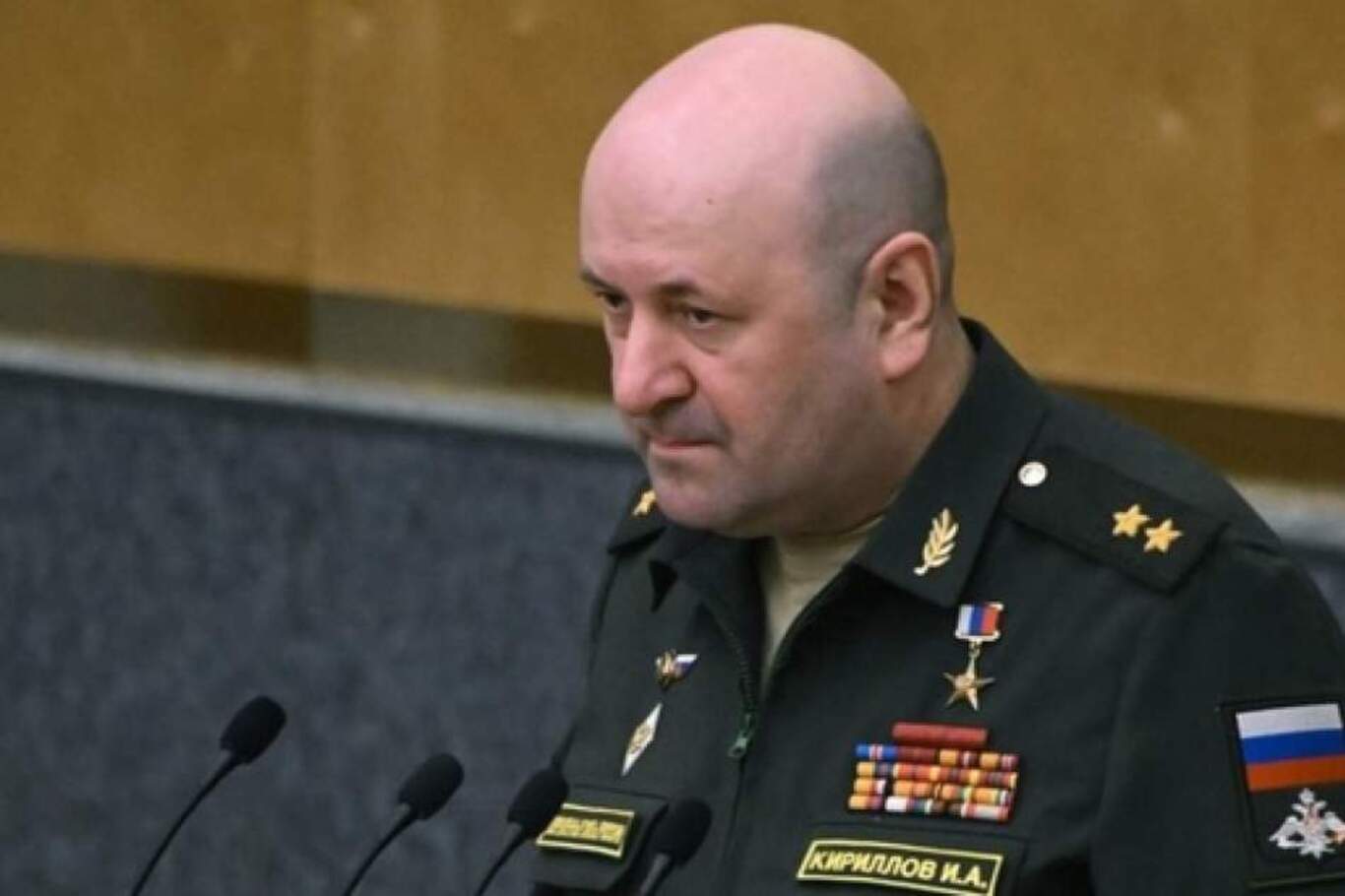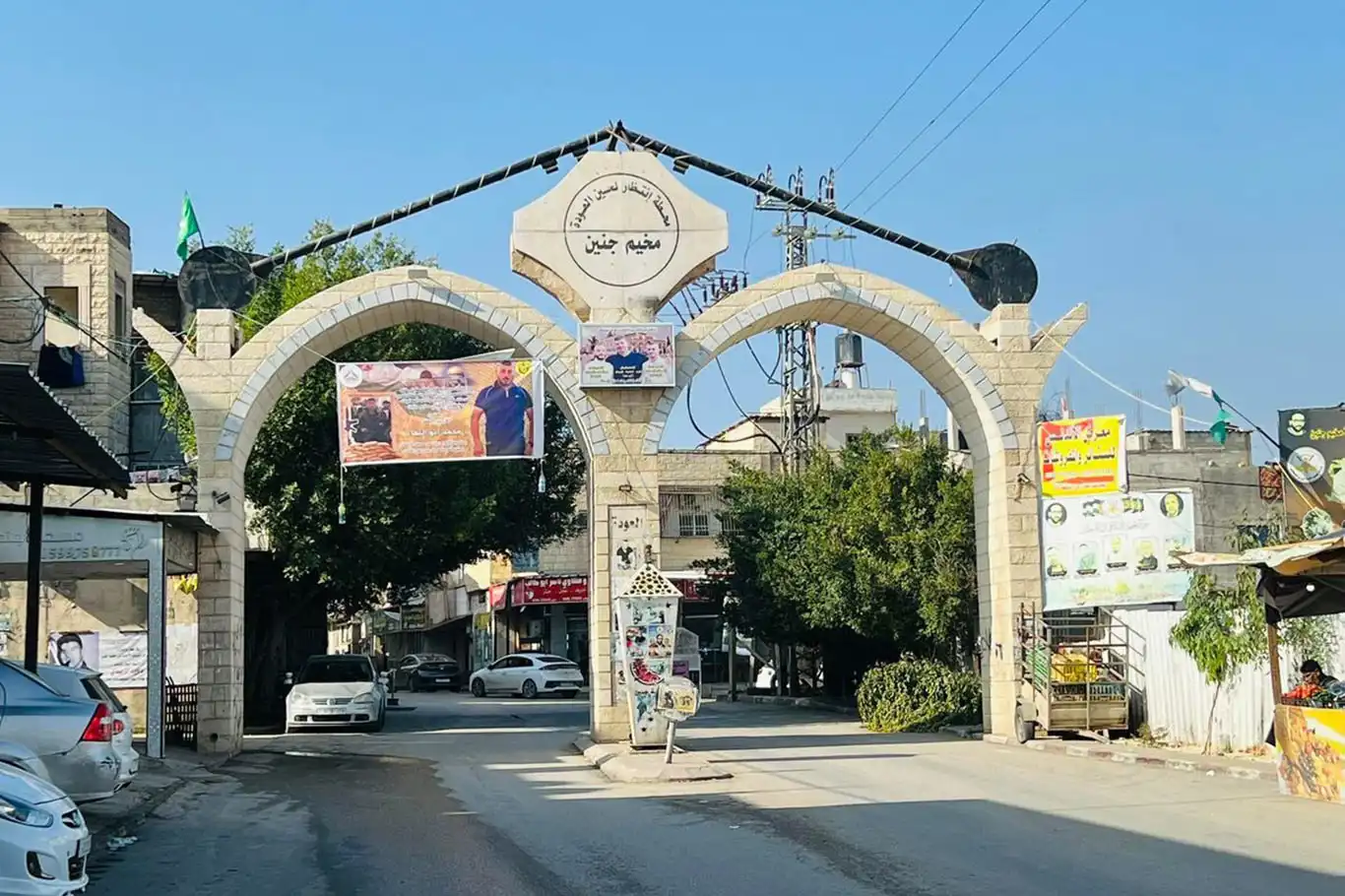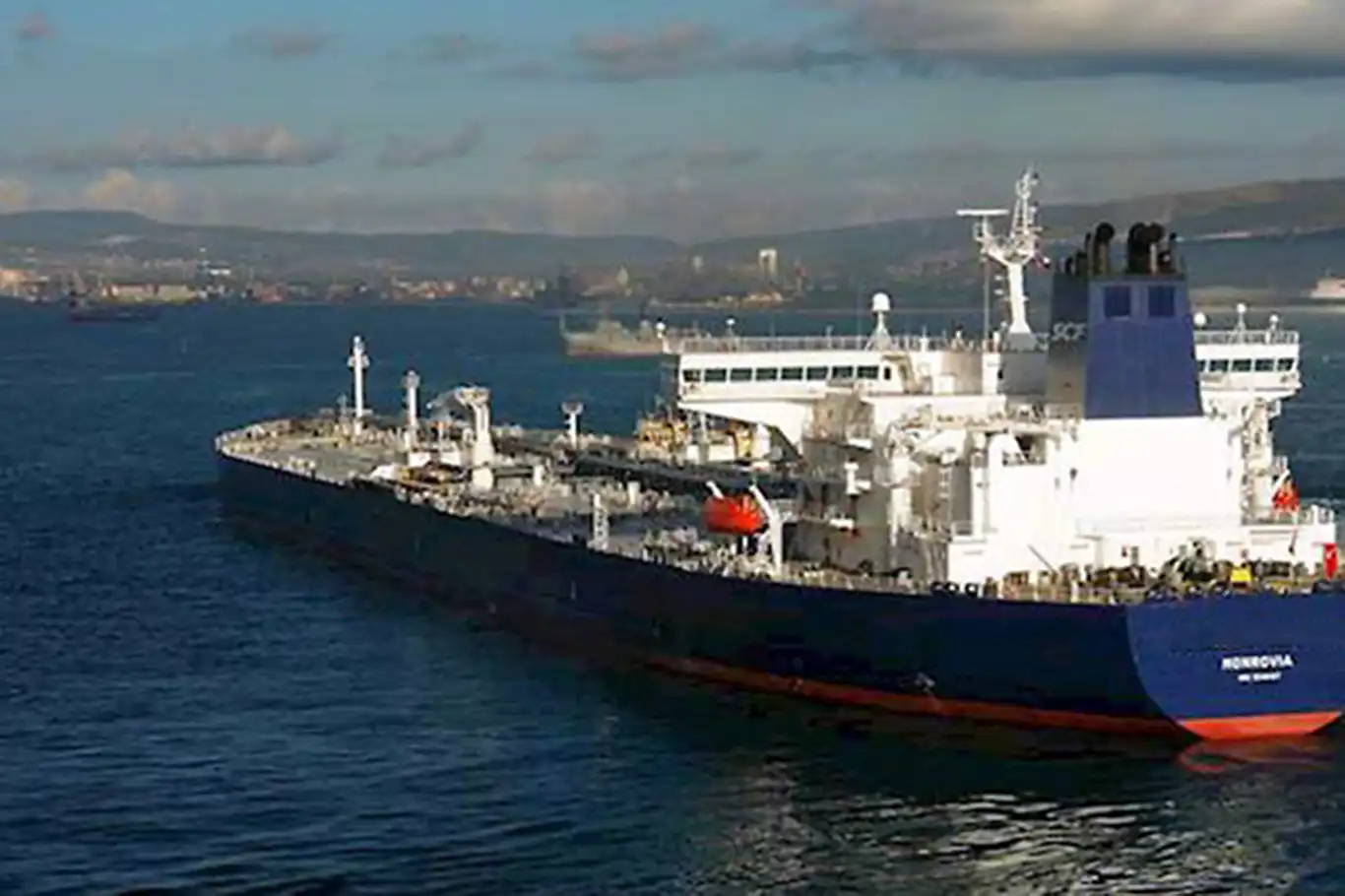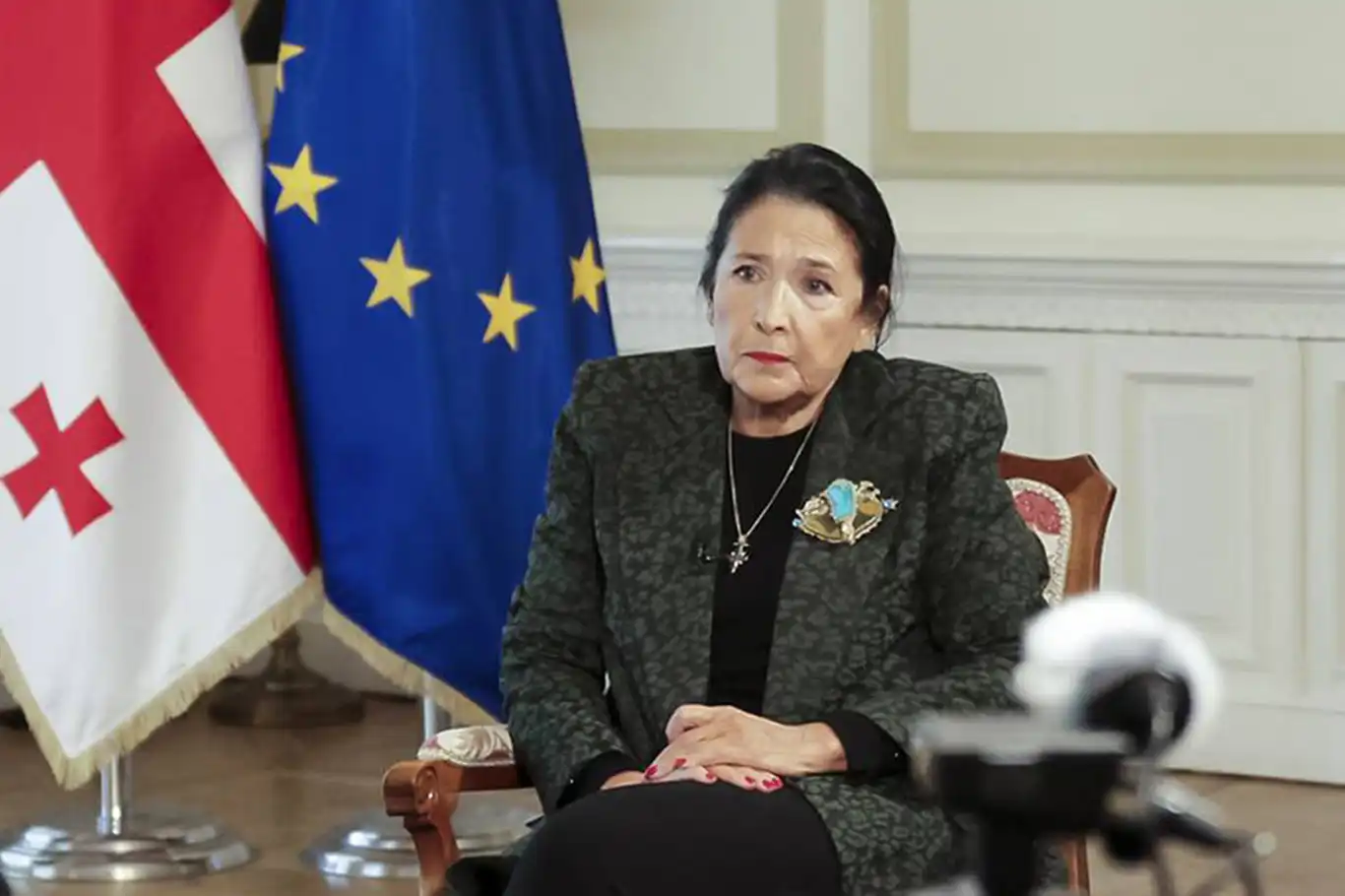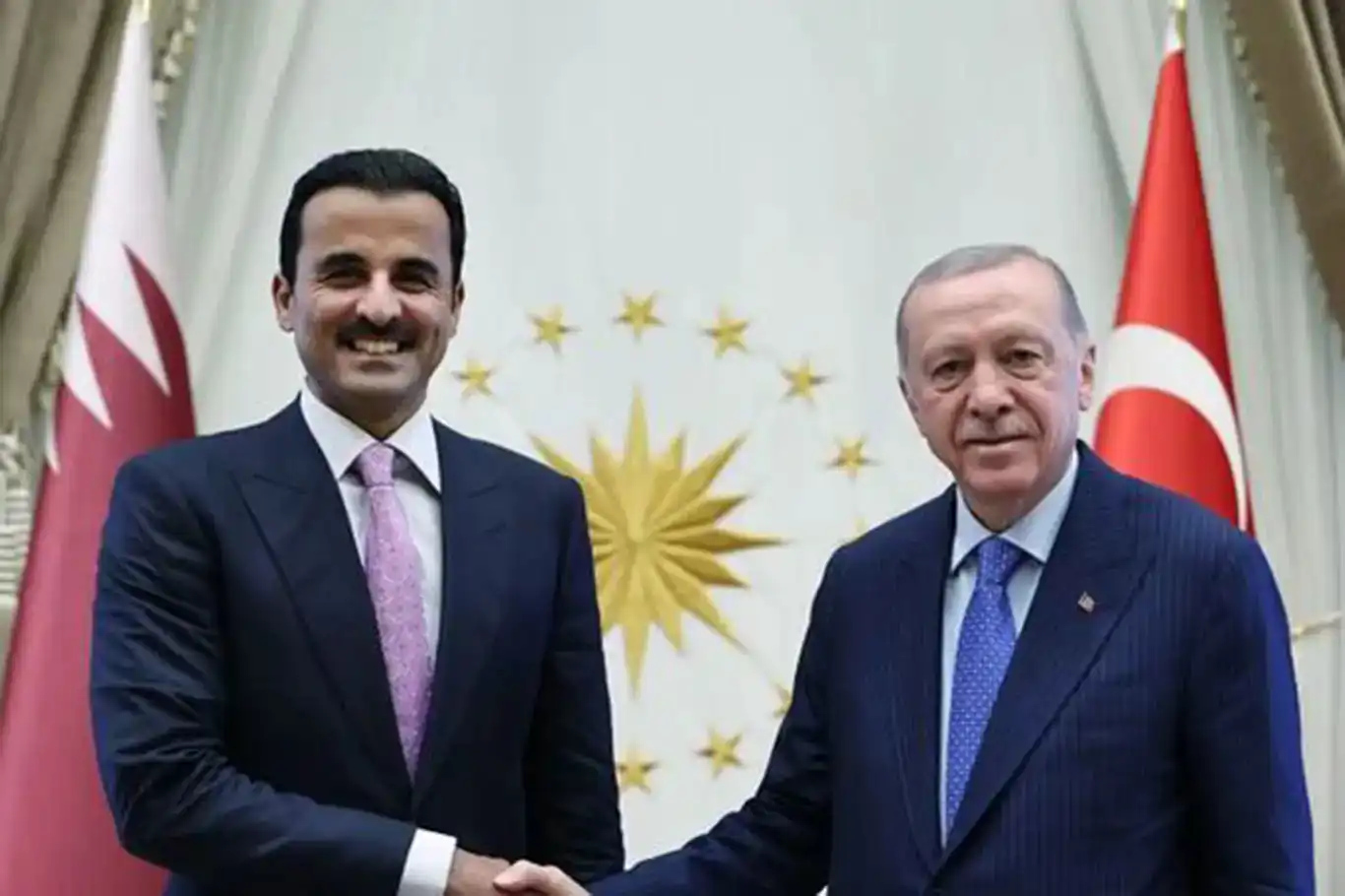Erdoğan: Centuries-long Western hegemony is over now
“The centuries-long Western hegemony is over now. A new international system is emerging,” said Turkish President Recep Tayyip Erdoğan.
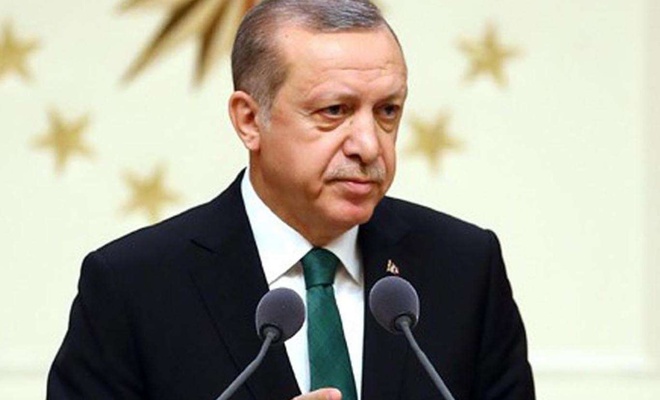
 Google News'te Doğruhaber'e abone olun.
Google News'te Doğruhaber'e abone olun. Erdoğan gave an interview to a journal, Kriter Dergi, covering such topics as his book “A Fairer World Is Possible”, critiques and solution proposals for the United Nations Security Council, as well as the Paris Agreement, and Syria.
“We have reached the end of the vexing notion that the West is superior. Everybody is questioning and acknowledging this now. Even the West itself is now beginning to admit this. The centuries-long Western hegemony is over now. A new international system is emerging,” Erdoğan said.
When asked why he felt the need to write such a book, Erdoğan responded that the global system was facing a comprehensive challenge.
Noting that Turkey had not only been trying to lead this transformation from the beginning but had also been drawing attention to the existing problems, Erdoğan reminded that they were vocal about their solution suggestions on every international occasion.
Pointing out that a realist perspective needed to be adopted and the first thing to do was to clearly outline the existing problems, Erdoğan continued his remarks as follows: “The world is going through a crisis period. The pandemic has deteriorated this crisis. The pandemic has also made it very clear that we need to immediately solve the problems of our day. Otherwise, the crisis will get deeper, and we will be facing problems that are impossible to solve. In that case, no mechanism will function. The global system is facing a deep crisis. The global governance mechanisms are dysfunctional and inoperative. A governance problem has emerged. Justice, on the other hand, is being trodden upon. The United Nations, in its current form, has become dysfunctional and ineffective in producing solutions to this crisis as well. We, as Turkey, must produce a solution to this deep global crisis. For the past 20 years, we as a country have been the voice and conscience of humanity. We have amplified the voice of the silent majority in all international platforms.”
“We wanted to offer a solution as well”
Emphasizing that Turkey drew attention to all injustices without regard to religion, language, and ethnicity of those suffering from them, Erdoğan noted that they viewed all issues from a humanitarian perspective, from Syrian asylum-seekers to inhuman treatments in Myanmar, the tragedy and persecution suffered by Palestinian Muslims to the incidents in New Zealand, the emerging anti-Islamism, extremism and anti-immigrant sentiments in the West to the incidents in Africa.
Stating that they acted as the conscience of the global system by striving to be just and act justly always and raise the issue of inequalities, Erdoğan continued his remarks as follows:
“To record history, we decided to compile in a book all the issues that we had so far been very vocal about. We did not want to merely criticise by discussing and pointing out the problems, but we also wanted to offer a solution. That is how the idea for this book came about. Now, we can both point out the root cause of the crisis and clearly identify the repercussions of the crisis. We are not settling for this, either. We say that the UN, which is at the heart of the global governance crisis, remains the most significant chance we have. But not in its current status quo. We propose that the UN be restructured through a new reform initiative. Our suggestion, without a doubt, is a reform proposal. We believe that a fairer world will be possible through this proposal. We want the real problems of the world to be discussed. We stand before the international community with a new proposal, stating that it is impossible to establish a solution by dismissing the existing problems.”
“North-south divide has deepened even more”
In response to the question, “You mention in your book that the world system is collapsing. What type of collapse do we have on our hands?” Erdoğan noted that the existing world system was confronted with a number of challenges.
Expressing that it was not a challenge that could be tackled by a single country alone, Erdoğan stated the following:
“It's multidimensional before anything else. We are dealing with not only an economic crisis but also a political and security crisis. The coronavirus pandemic pushed these crises to the surface at multiple levels. We were able to see how vital global public health is. The pandemic stifled cross-border mobility, which is the lifeblood of globalization, and threw supply chains into disarray in a short space of time. We've seen the last of an economic mindset that solely prioritizes rationality and maximal profit. The free movement of people around the world has come to a standstill. Instead, in tough circumstances, there is now a restricted movement. However, the crisis does not stop there. Climate change, for example, must become a top agenda item for the international community.
The world's north-south divide has deepened much more. The current political-economic system has failed to guarantee global prosperity and has exacerbated inequality. The system is not narrowing the gap between developed and less developed countries but rather widening it with each passing day. We can address these problems here one by one. We must, however, create a list of priorities. We must identify the most pressing global issues and establish a global and multilateral approach to solve them. We emphasize in this book that a global society with multilateralism at its core is needed.”
“The notion of Western superiority has run its course”
Erdoğan said that when we looked at world politics, a different picture emerged and added, “We have reached the end of the vexing notion that the West is superior. Everybody is questioning and acknowledging this now. Even the West itself is now beginning to admit this. The centuries-long Western hegemony is over now. A new international system is emerging.”
Underlining that the bipolarity of the Cold War period ended with the victory of the United States, and then a US-centred world politics was witnessed, Erdoğan added, “However, it's been recognized that no single country can govern the entire international system. The US attempted but failed. It had to pull out from Afghanistan after withdrawing from Iraq, and it could establish neither democracy nor the state in both countries.”
Noting that the assertions made after the Cold War did not come true, Erdoğan said, “The policy of promoting democracy brought greater destruction in the name of democracy. At all critical stages, the West has been hypocritical. Worse, Western democracies have given in to populist politics and extremism. They have now succumbed to the policies they created, and they have depleted democracy.”
Explaining that it was claimed that the liberal global economy would expand and economically dissolve alternative countries; however, that was not the case at all, Erdoğan said that the weight of the emerging powers in the global economy was progressively increasing, and they were currently taking a larger share of the world economy.
Emphasizing that those who established the liberal economic order are now adopting a policy to prevent free trade through trade walls and severe customs policies, Erdoğan noted the following:
“They began to violate the rules of the system they had created and put emerging economies on the target board.
After the Cold War, they declared that the era of great power conflict was over. They now say that a new era of great power conflict has begun. Because they had a vision of a global system in which they were the only ones who had the upper hand. However, this did not occur. Emerging powers, such as Turkey, have now established themselves as major players in global politics. Not only Turkey, but many other medium-size powers have demonstrated signs of progress. We no longer live in a world where all that matters are what the great powers say.
Take a look at Turkey and see how far we've come. We've turned into a power capable of conducting its own military operations through its own means and constructing its own defense industry infrastructure. Inshallah, our progress will continue to climb, reinforce the position at which it has arrived, and take another leap forward.”
Sharing their approach, Erdoğan said: “Our approach is that if you try to keep such a world policy in its existing shape without reforming it, we will face grave challenges. Let's discuss the failing components of the system while we still have time. Let others come up with new suggestions, just as we did, and let us clear this blockage.”
“Those who made the rules are no longer the ones who follow them”
Upon the question, “You underline all through the book that we are in the midst of a global governance crisis as well as a world politics crisis. Why is global governance in such a state of crisis, and what is the nature of the crisis?” President Erdoğan stated that global governance was above all one of the essential elements of the international order.
Expressing that this meant a world with rules, Erdoğan said that the rules emerged through states and international institutions, which were then implemented by international institutions.
Emphasizing that a world with rules was built after the Second World War, Erdoğan said the following:
“Of course, we shouldn't be too naive to be idealistic at this point. I mean, we should not consider it as the 'constitution of the world.' There is, however, a problem. Those who made the rules are no longer the ones who follow them. The worst part is that they only exempt themselves from these rules. The UN Security Council, for example, has passed dozens of resolutions on Palestine. There are the resolutions of the United Nations General Assembly. Why aren't these resolutions carried out? Is Israel exempt from these resolutions? Is the United States exempt from these rules? When it comes to others, however, these rules are used as a hammer against them. Türkiye has spoken out against international terrorism for years and has been a victim of it. 'Don't distinguish between terrorist organizations,' Türkiye said. Well then, did they pay attention to us? Regrettably, no. Take a look at what's going on in Syria right now. Those who preach democracy and aim to instil human rights in the world are conducting business with terrorists and providing them with truckloads of weaponry. They collaborate with and support terrorist organizations. Then, when we take the necessary measures, use military force to preserve our country's national interests and maintain our security in accordance with UN principles, they urge us “don't do that.” Is it possible that such logic exists?”
“We must take this bold step”
Pointing out that his criticisms and calls came out precisely at this point, Erdoğan expressed the following remarks:
“We hold that if there are rules, everyone should follow them; however, if the rules are outdated and ineffective, we should alter them and discuss the rules and international norms again. As a result, we can improve the effectiveness of global governance. What is the most important aspect of global governance? The United Nations, of course. Does the UN, however, guarantee good global governance? Yes, perhaps. Does it, however, put it into practice? No. So let's rethink over the UN and progressively discuss and resolve global governance problems. We must take this bold step.”
Reminding that there was a crisis when it came to global governance mechanisms, Erdoğan drew attention to the fact that this was seen more prominently during the pandemic.
Stating that the World Health Organization was criticized for failing to respond early to the crisis, Erdoğan expressed that the UN Security Council, which is a platform established to resolve crises during crises, did not even put this issue on its agenda for a long time, and that the same indifference was being questioned in other issues. (ILKHA)



























